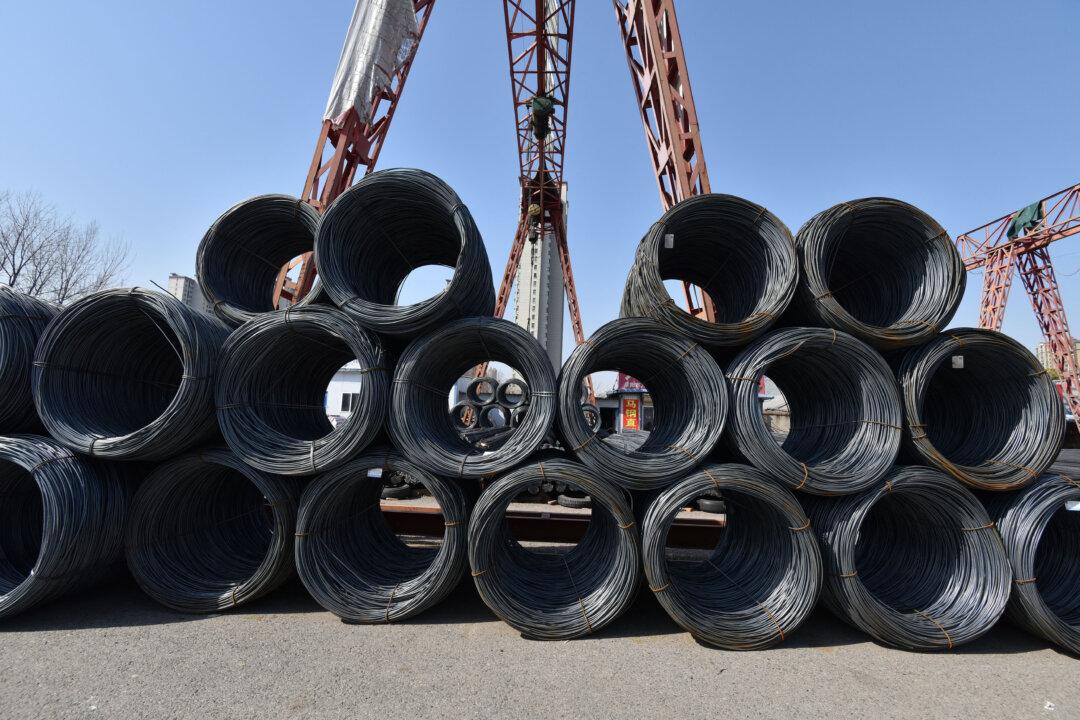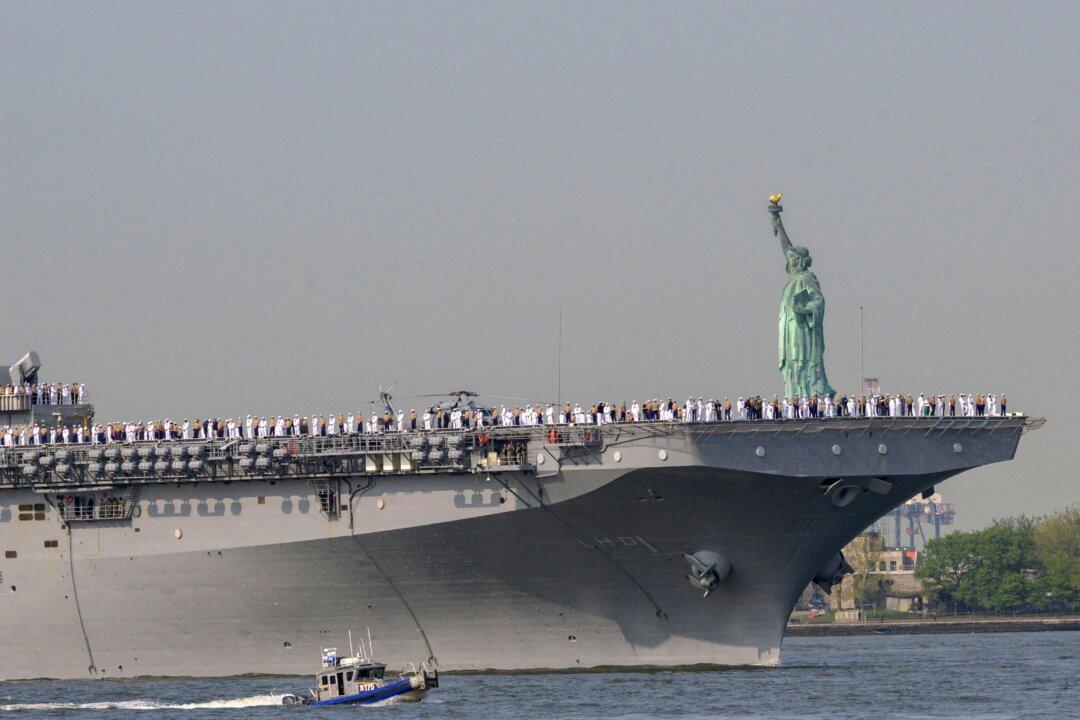China’s real economic growth rate could be zero percent or even negative this year, according to a Hong Kong-based academic expert on China’s economy.
Chinese growth is under pressure from COVID-19 lockdowns, inflationary pressures, depressed trade due to the Russian invasion of Ukraine, and potential secondary sanctions from the United States and allies for its support of Moscow.
China’s Limited Economic Options
Despite all the risks above, Beijing’s policy options to juice its GDP growth are wanting.However, China’s economy has few productive opportunities for investment, given oversaturation and COVID lockdowns that are stopping factory production. So this capital release could push investment out of China and increase inflationary pressure.
Meanwhile, investment in Treasurys is increasingly lucrative and relatively low-risk compared to China, as the United States is expected to increase interest rates as a counter to inflation. Thus, Beijing could be pushing cash into the economy just as the United States attracts it.
Beijing might also try to increase infrastructure and property development projects to boost GDP. But China’s economy is already oversaturated with real estate development. Investors now recognize that ghost cities have risen to make GDP growth look robust even as nobody lives in the new housing developments.

Xi Jinping, who is seeking an unprecedented third term as party secretary, must now contend with an impossible choice for his continued leadership: either relent on the COVID lockdowns to improve the prospects of his growth goals, or accept negative real growth in 2022. He is likely to do neither until he secures his third term. This kicks an untenable situation down the road, worsening the long-term economic outcome for China.
Secondary Sanctions on China
Now would be a good time to increase economic sanctions on China and let it fail, given that Xi has violated international trade norms through the theft of hundreds of billions in intellectual property, and dumping of its products on foreign markets to drive out Western and allied competition, not to mention setting himself against the long-held norms of liberty, human rights, and democracy, including in Ukraine.Beijing is unlikely to improve until China democratizes, so there is no reason to keep supporting it with American and allied trade and investment.
In exceedingly diplomatic language, Yellen essentially threatened as much, saying that economic disengagement with China is possible if Beijing fails to help end Russia’s invasion.
Treasury secretaries are typically the most pro-Beijing members of the U.S. president’s cabinet due to over $600 billion in annual U.S.-China trade and approximately $2.3 trillion in U.S. investment in China. So Yellen’s comments hold particular weight, given that the rest of President Joe Biden’s cabinet is probably tougher, but quieter, on China.
Moscow’s invasion of Ukraine has illustrated the threat of dictatorships to the world in a dramatic fashion. So the world is waking up to the threat of the Beijing regime as well. Let’s hope the international community, including the Biden administration, takes tougher action rather than just relying on tougher words.





